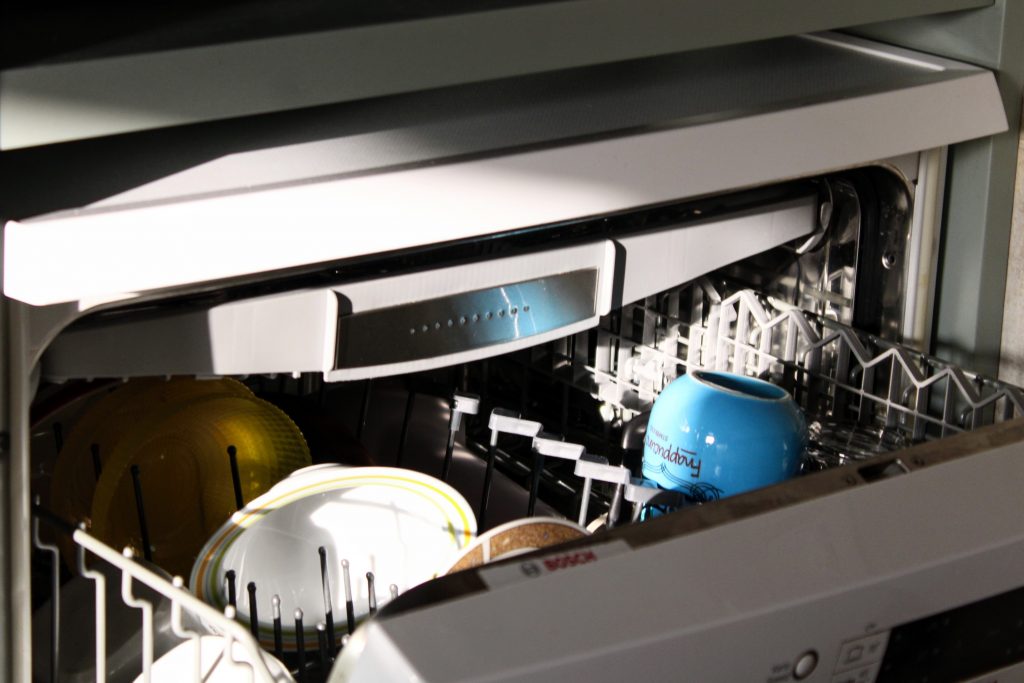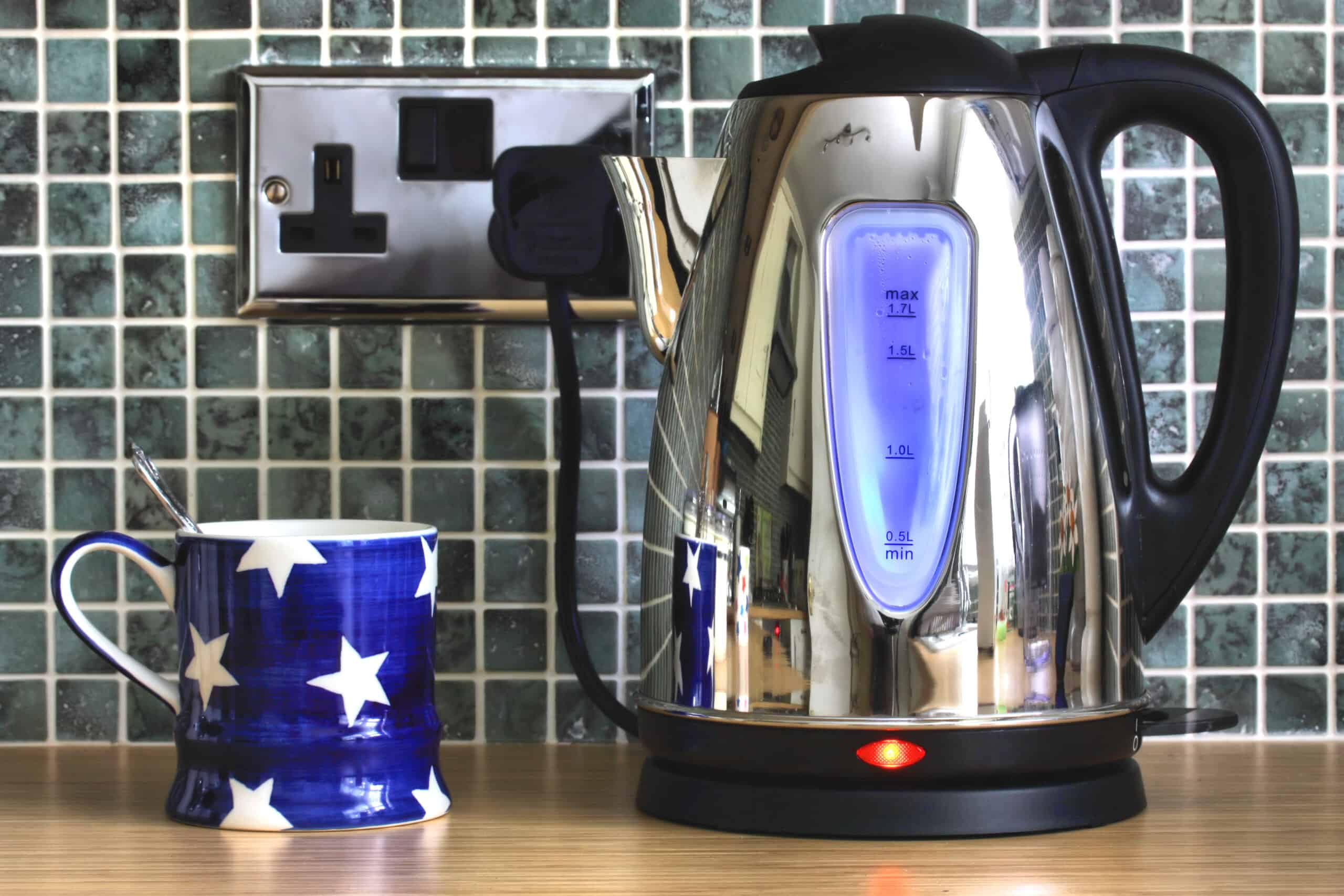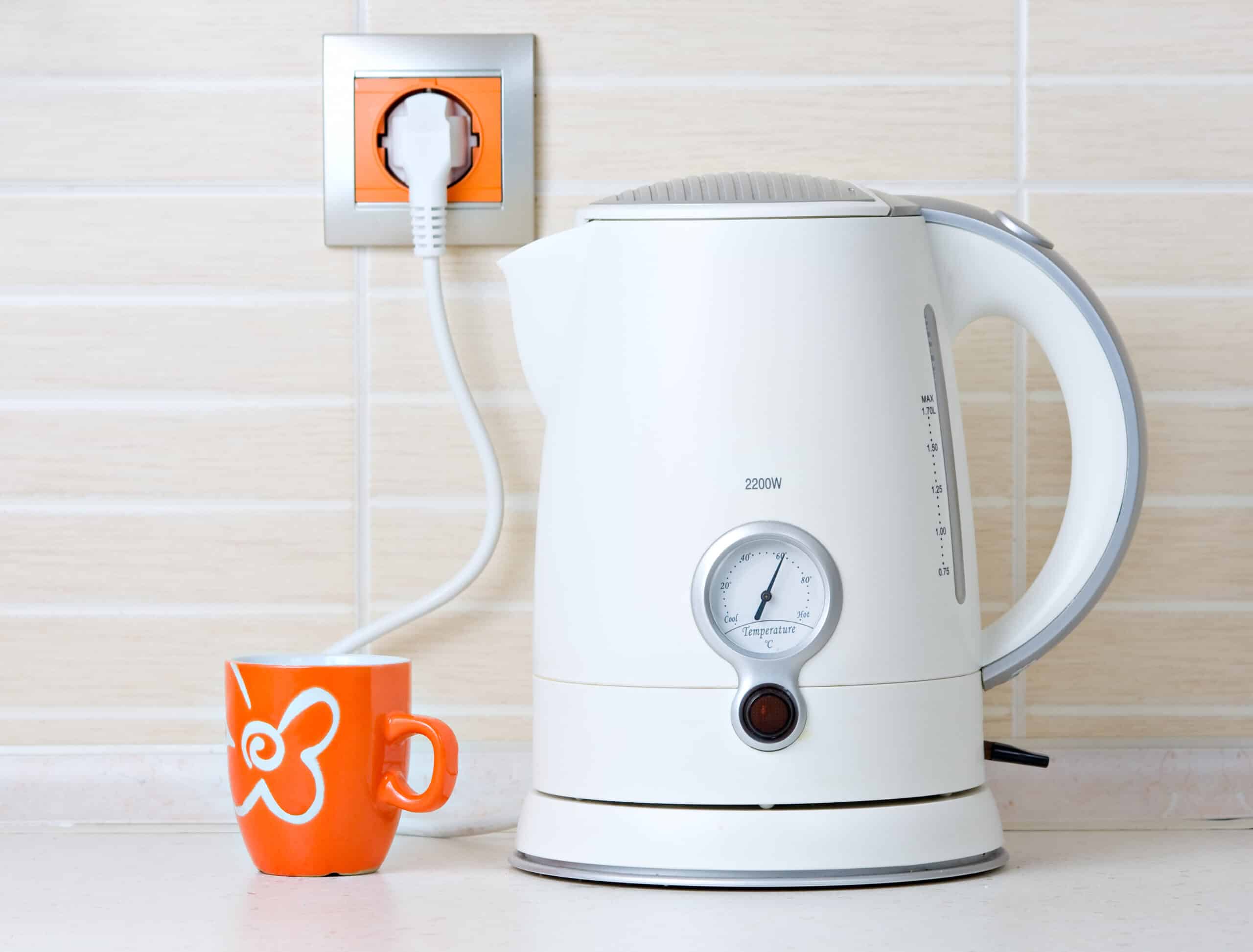Yes, you can run a dishwasher without hot water. However, it won’t clean the utensils very well.
Dishwashers come with simple guidelines – one is that you should load them up with hot water.
But what if you don’t have hot water? What if the geyser in your home isn’t working, or you simply want to cut down costs by using water straight out from the tap?
This article answers some of the most common inquiries regarding dishwashers and the type of water to use in them.

Can You Use a Dishwasher Without Hot Water?
Yes, you can use a dishwasher without hot water. The appliance will run just fine even if the water is cold. Most dishwashers are designed to heat the water themselves.
Also, using cold water won’t damage the device or your silverware.
Do I Need Hot Water to Run My Dishwasher?
While it isn’t a must, using hot water to run your dishwasher is highly recommended. Water at a higher temperature can clean and sanitize your utensils more effectively.
But if you don’t have access to warm water, you can try cold water. As said before, it won’t break down your machine or damage the plates.
Why Do I Need Hot Water to Run My Dishwasher?
Using hot water inside a dishwasher isn’t really about the engineering or the make-up of the device. It’s just that heated water is better at cleaning and sanitizing dishes than when it is cold.
These are the reasons hot water is preferred over cold water for washing dishes:
Cleans Dishes Effectively
A special force called adhesive force is required to hold two substances together. It’s also responsible for sticking food debris to your plates.
The adhesive force decreases with increasing temperature. This means hot water will more easily break down the food particles on your plates than cold water.
Removes Grease Better
When you put cold water on greasy plates, more often than not, you will only be washing the grease and not removing it.
But it’s a whole different story when it comes to hot water.
When the water’s hot, the molecules inside it vibrate at a breakneck pace. And when those molecules come in contact with grease molecules, the latter also start shaking, eventually breaking down.
In other words, hot water can melt the grease.
Sanitizes Your Dishes
Studies show that 99.999% of water-borne bacteria can be killed within five minutes when exposed to temperatures higher than 149 degrees Fahrenheit. And the water temperature can reach 150 degrees Fahrenheit inside a dishwasher.
Another way hot water can help is by cleaning the dishes better and removing grease and debris, which would otherwise be hosts for disease-carrying germs.
To Reduce the Drying Time
Water evaporates faster at higher temperatures. In other words, hot water dissipates from the surface of your plates and silverware more quickly than cold water.
This also adds to the previous point of sanitization; bacteria love a pool of water. But if the fluid dries out quickly, there is no place for the pathogens to live or spread.
Takes Less Resources
From the above points, we can conclude that hot water can wash dishes faster and requires less detergent to render the same effects as cold water.
This means you will end up saving more time and electrical bills.
Do Dishwashers Heat Up their Own Water?
Yes, dishwashers have a heating element that can heat water. However, this heating is more about increasing the temperature of hot water rather than boiling cold water.
The temperatures inside a regular dishwasher can generally go up to 160 Degrees Fahrenheit. For reference, water boils at about 100 Degrees Fahrenheit.
If you put cold water into your dishwasher, it may not heat enough. Even if it does, it will take a lot of energy.
On the other hand, some newer models take direct input of cold water and heat it thoroughly.
Are Dishwashers Cold Feed Only?
This depends on the manufacturer’s instructions.
In general, dishwashers are connected to the hot water line to be more efficient.
Contrarily, some popular brands have made it clear that users can only connect their appliances to the cold line.
All in all, you will need to read the product’s user manual. Some models can also give you an exact number of the temperature best for running the device.
FAQs Related To Can You Run A Dishwasher Without Hot Water
Can I Save On Electric Bills By Using Cold Water Instead Of Hot In A Dishwasher?
Not up to the extent you think. Most dishwashers have been designed to warm the water that has been put into them.
In other words, the colder the water, the more energy will be required to heat it.
Some better ways to save electricity would be to:
- Adjust the thermostat for lower temperature,
- Use the energy-saving mode,
- Fill the appliance before using it, and
- Remove the scrapes of the food before the utensil is placed in the wash cycle to reduce the amount of rinsing required.
What Are Some Signs I Need To Crank Up The Temperature Of Water Inside The Dishwasher?
Inadequate cleaning of the plates is a sign that the temperature of the water inside the dishwasher may not be enough. The symptoms include leftover grease, detergent and food residue, etc.
How Can I Check The Temperature Of Water Inside The Dishwasher?
If there is no digital reading available, you can use a meat thermometer.
Fill a cup with water and put the thermometer inside it. Now, put the cup inside the dishwasher and let the machine run for some time.
As you take the thermometer out, ensure that the temperature is between 130 Degrees Fahrenheit to 160 Degrees Fahrenheit for effective cleaning.





